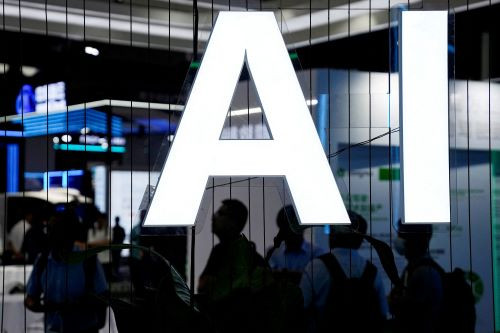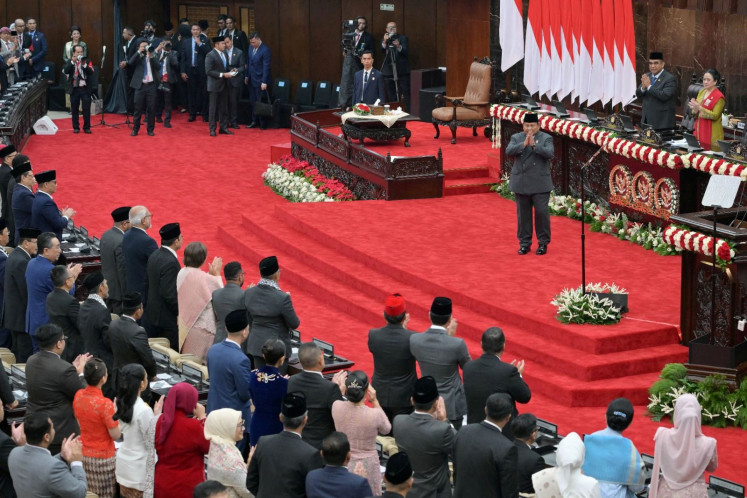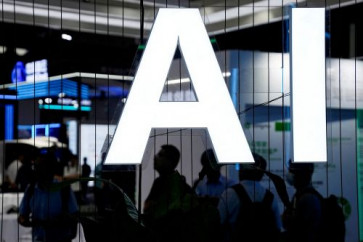Popular Reads
Top Results
Can't find what you're looking for?
View all search resultsPopular Reads
Top Results
Can't find what you're looking for?
View all search resultsThe growing role of AI in ensuring macroeconomic stability
As artificial intelligence continues to advance and users develop its wider applications, the technology will take a greater role in ensuring macroeconomic stability and authorities create better, more efficient policies toward realizing a stable and prosperous future for all.
Change text size
Gift Premium Articles
to Anyone
I
n an era when technological advancements are reshaping every facet of our lives, artificial intelligence (AI) stands out as a transformative force with profound implications for macroeconomic stability. As economies worldwide grapple with challenges ranging from inflation to unemployment, AI offers innovative solutions to maintain and enhance economic equilibrium.
One of the most significant contributions of AI to macroeconomic stability is its ability to predict economic trends with remarkable accuracy. Traditional economic models often rely on historical data, and can be slow to adapt to new information.
In contrast, AI systems can analyze vast amounts of real-time data, identifying patterns and trends that might elude human analysts. For instance during the COVID-19 pandemic, AI models helped predict economic impacts and recovery trajectories, enabling governments to implement timely interventions.
Central banks play a crucial role in maintaining economic stability through monetary policy. AI can enhance this process by providing more precise models for inflation targeting, interest rate adjustments and money supply management.
For example, the Bank of England has used machine learning algorithms to improve its inflation forecasting models, resulting in more accurate predictions and better policy decisions. This precision reduces the risk of policy errors that could destabilize the economy.
AI also contributes to more effective fiscal policy. Governments can use AI to optimize public spending, ensuring that resources are allocated efficiently and effectively. By analyzing data on public projects, AI can identify areas where spending can be reduced without compromising service quality. For instance, the city of Los Angeles uses AI to analyze traffic patterns and optimize road maintenance schedules, saving millions in public funds.
Additionally, AI can help detect and prevent fraud and corruption in public spending, ensuring that funds are used as intended and contributing to overall economic stability.



















